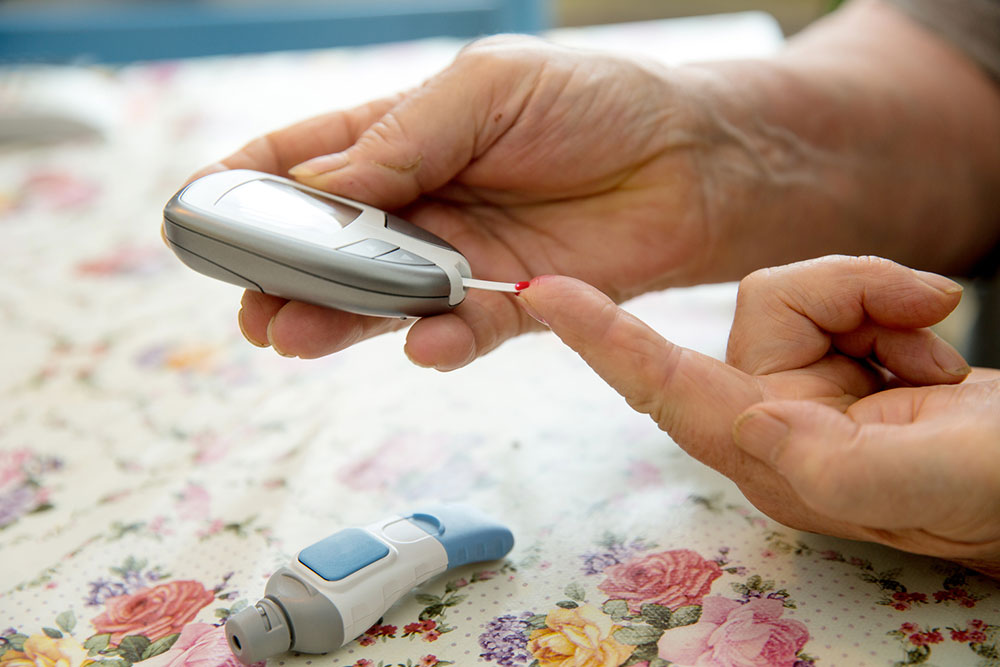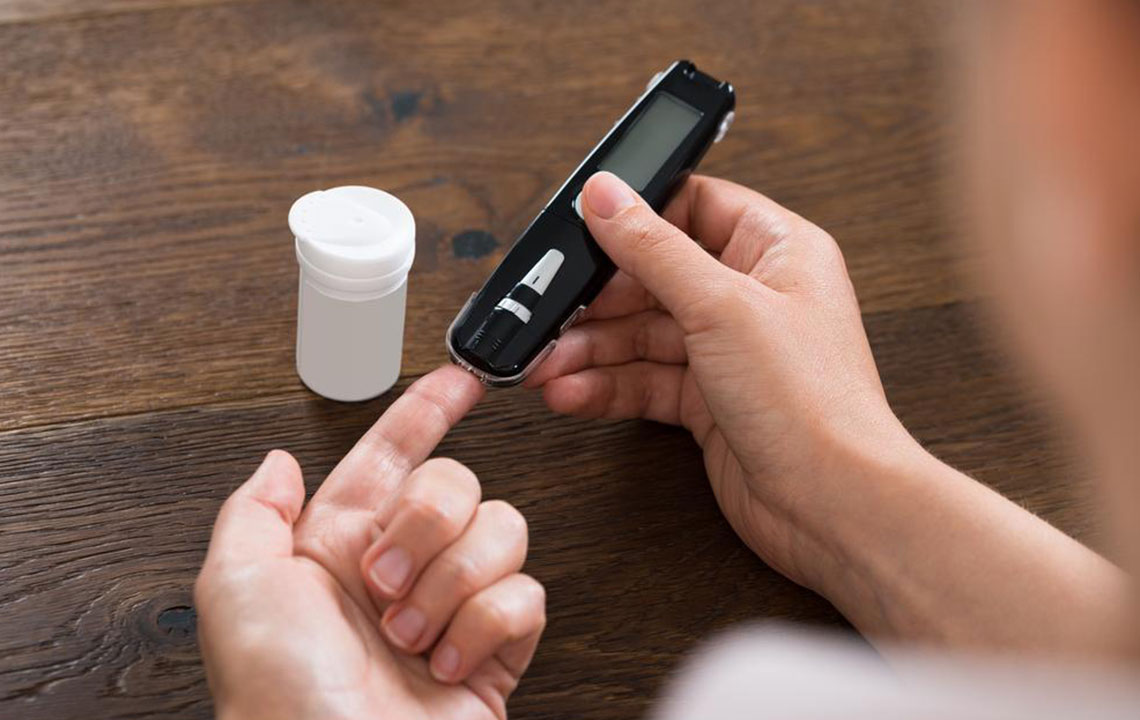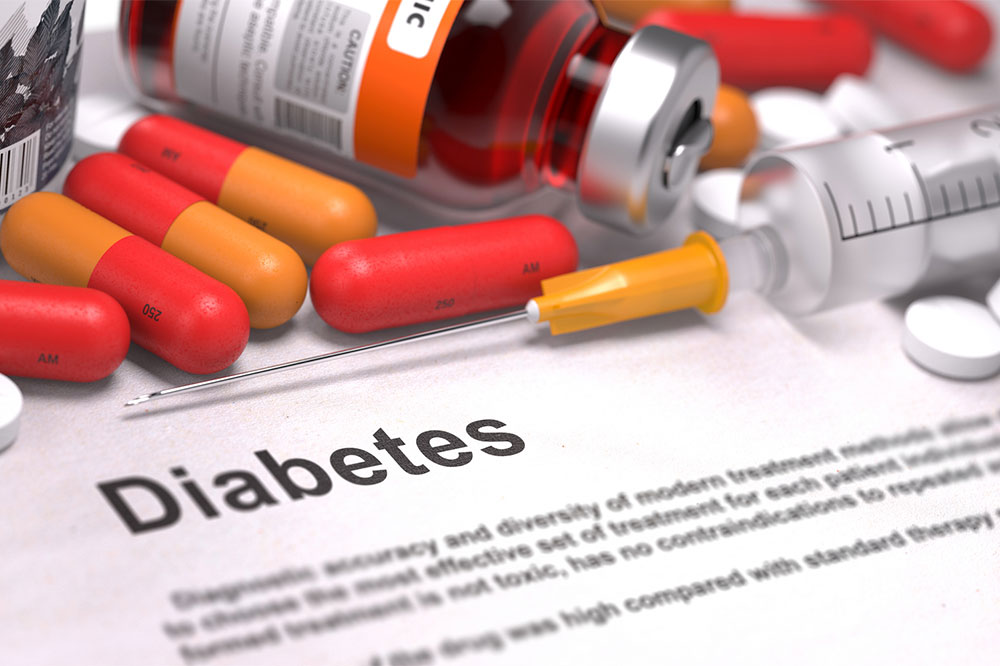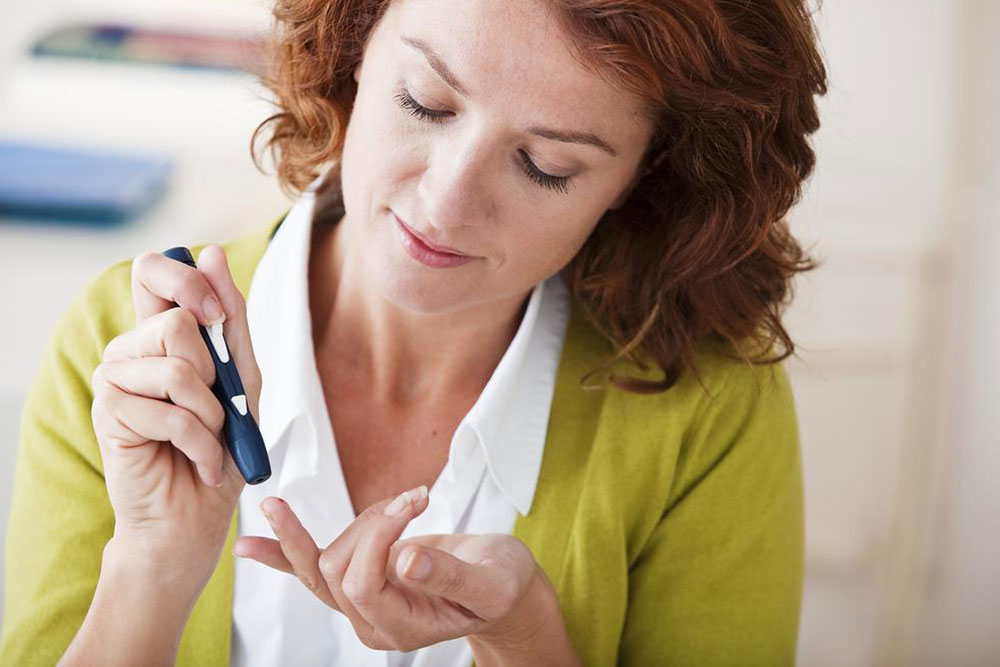What is type 2 diabetes?
Type 2 diabetes is a chronic disease in which the body doesn’t metabolize glucose properly. Glucose is a type of sugar, which needs insulin to move into the cells. With type 2 diabetes, the body either doesn’t produce enough insulin or the cells don’t utilize the insulin well.
Type 2 diabetes treatments may help in managing the condition, but there is no cure for the condition yet.
Causes
The pancreas is an organ in the body, which produces the hormone insulin.
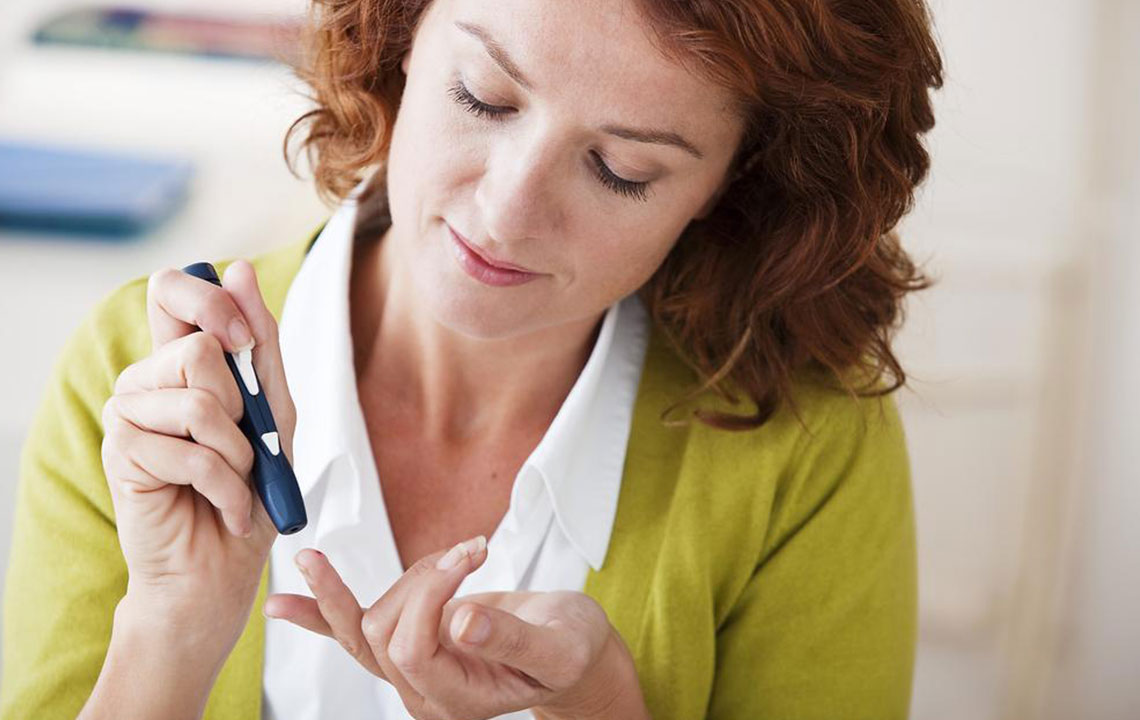
When the body doesn’t use insulin well, or insulin production stops, blood glucose levels rise, and the cells don’t get fuel to function properly.
The exact cause of why this insulin irregularity occurs is not known. But there are several factors that may contribute to type 2 diabetes, such as –
- Genes
- Excess weight
- A sedentary lifestyle
Symptoms
Type 2 diabetes symptoms can manifest over a period of time. Awareness about the warning signs can help you seek timely treatment for type 2 diabetes.
- Excessive thirst
- Increased hunger
- Fatigue
- Weight loss
- Dry mouth
- Frequent urination
- Blurred vision
- Itchy skin
Severe symptoms –
- Slow healing of wounds
- Darkened skin patches
- Problems with nerves
- Yeast infections
- Pain in the feet
Treatment
Type 2 diabetes treatment may include several steps, such as –
- Eating a healthy diet – more fiber, fruits, and vegetables; also reduce the consumption of refined foods and meats.
- Regular exercise – as per your doctor’s recommendations.
- Taking diabetes medications – pills, insulin therapy.
- Monitoring blood sugar levels – as needed.
Management
Poor management of type 2 diabetes can cause several health complications. It can affect the kidneys, eyes, and heart. If you are diabetic and pregnant, one must take extra precaution.
However, with proper diet, medicines and lifestyle changes, it is possible to keep complications away. If you use insulin, it is vital that you don’t stop the therapy without consulting with your doctor.
